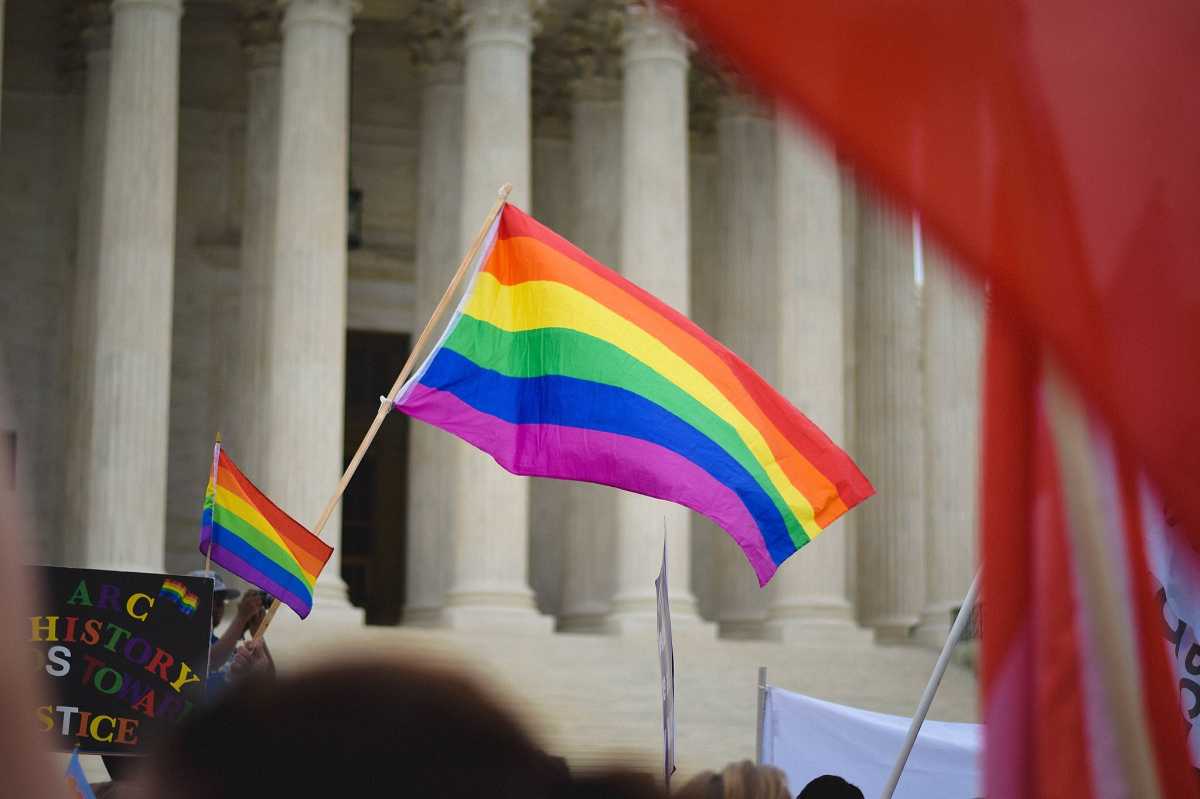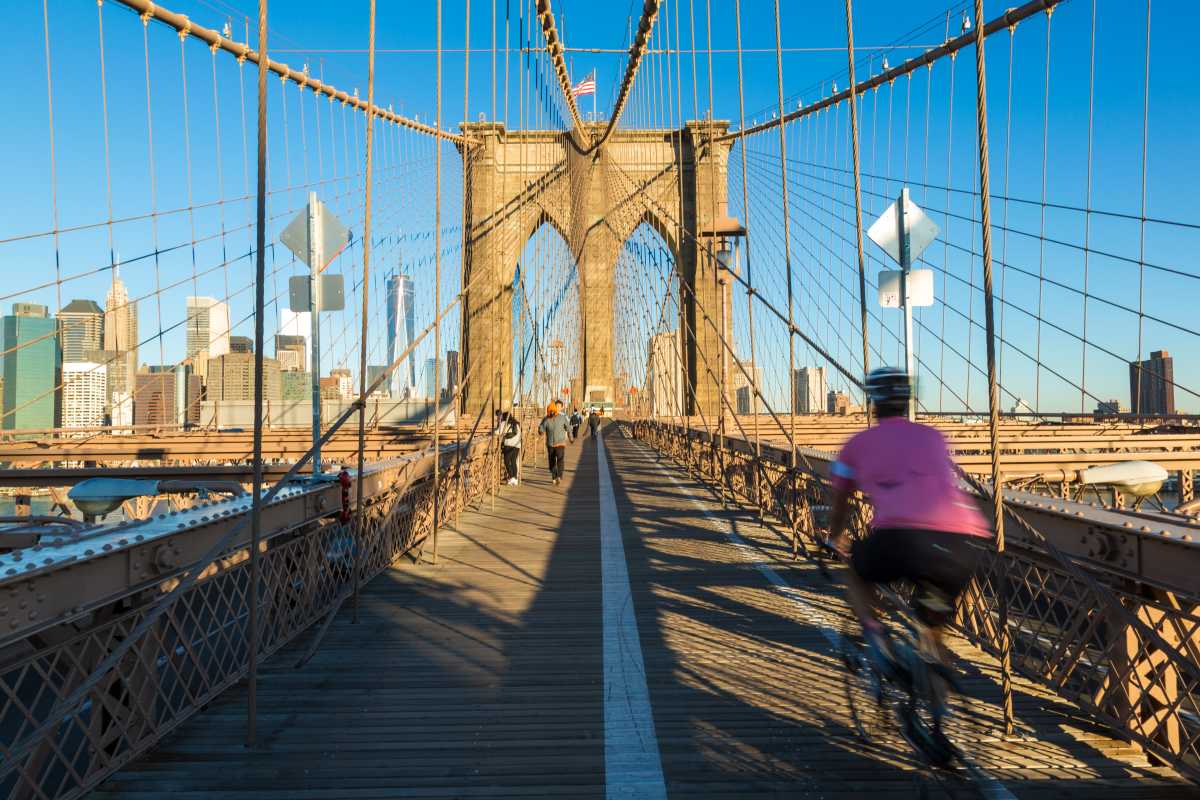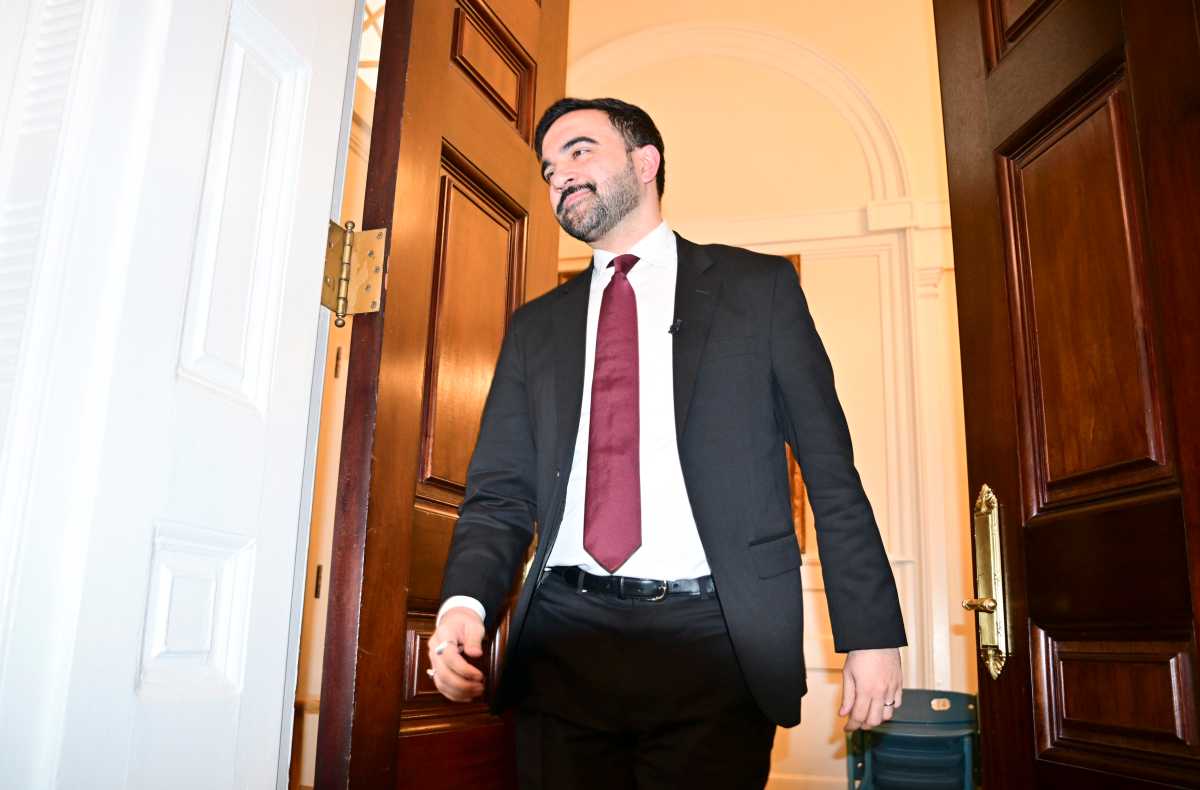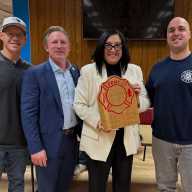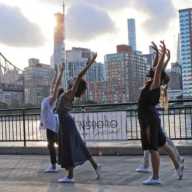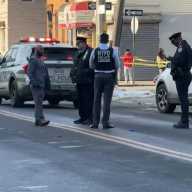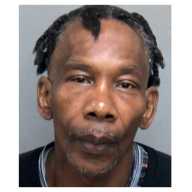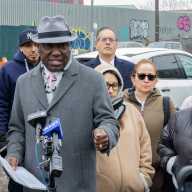As the U.S. Supreme Court unsurprisingly decided to overturn Roe v. Wade — effectively ending 50 years of federally protected abortion rights — many leaders in Queens fear what this means for same-sex marriage and other LGBTQ rights founded on similar precedent.
The court’s controversial ruling gives the power back to individual states to pass their own abortion laws. As expected, Justice Samuel Alito wrote the majority opinion, reversing Roe, as well as the 1992 decision upholding abortion rights in Planned Parenthood v. Casey.
Alito attempted to dispel fears about the potential of reversing other federally protected rights in a similar fashion, writing in his majority opinion that “we have stated unequivocally that nothing in this opinion should be understood to cast doubt on precedents that do not concern abortion.”
However, though a five-justice majority agreed to overturn Roe, there seems to be disunity among the court. In a concurring opinion released early Friday, Justice Clarence Thomas argued that the court “should reconsider” past rulings based on substantive due process precedents — which includes rights to same-sex marriage, relationships and access to contraception.
“It’s clear that LGBTQ Americans now have a target on their back,” said Patrick Yacco, president of the Lesbian and Gay Democratic Club of Queens (LGDCQ.) “I’m heartbroken and angry over today’s decision. Decades of progress for abortion rights were swept away, and the LGBTQ community may be next.”
Queens leaders, like Yacco, are thoroughly disappointed as this news was released during Pride Month, and nearly seven years after same-sex marriage was established as a fundamental right through the 2015 Supreme Court case, Obergefell v. Hodges.
Former New York City Council member Daniel Dromm — one of the first openly gay council members outside of Manhattan — remembered the day the Supreme Court made same-sex marriage legal.
“I was ecstatic. It came right before the Manhattan Pride Parade and we celebrated so much,” Dromm said. “The feeling at the parade that year was so incredible — this was something I could never have imagined as a child of the 1950s and ’60s.”
Yacco mentioned that luckily New York state has codified LGBTQ rights into law. Even ahead of the Supreme Court ruling in 2015, the New York Assembly passed the Marriage Equality Act in 2011, legalizing same-sex marriage in the state.
“Thankfully, in New York state, we have lots of protections, both for those looking to access abortions as well as protections for the LGBTQ community including marriage equality and anti-discrimination policies,” Yacco said. “Nonetheless, I still stand arm-in-arm with folks across the country who are going to have a very difficult battle ahead of them.”
Both Dromm and Yacco shared the beautiful stories of the marriages they have seen over the years between friends and family — all who fought tirelessly for the basic right to marry and love who they choose.
“I have seen so many happy couples build families and celebrate their relationships, even though those will likely be preserved in New York, there’s still an anxiety about what can happen on a federal level and some of the other protections we take for granted.”
Yacco mentioned he will be standing in solidarity with those protesting the Supreme Court decision today in Washington Square Park at 6:30 p.m.
“The Lesbian and Gay Democratic Club stands with its allies to fight and ensure that everyone has access to safe abortions, while also working with activists and elected officials to make sure our community’s rights are protected and enshrined in law for generations to come,” Yacco said.
The New York LGBT Network also condemned the court’s decision, calling it “dangerous” and “devastating.”
“The 6-3 Supreme Court majority is telling us plain and simple, and to our face, that they are coming after us,” said LGBT Network President David Killmnick. “As today’s awful ruling shows, we can take nothing for granted and need to get up off our chairs and fight like we never have before. We are under attack, and we must fight back.”
The LGBT Network will host a virtual Community Town Hall on Monday, June 27, to discuss the issues at hand and what’s at stake.
Councilwoman Tiffany Cabán, the first queer woman to serve District 22 in Queens, said that the Supreme Court is coming for contraception and queer relationships next and we must act now.
“There is no firewall that will protect us; we will only enjoy the rights we ourselves are able to secure,” Cabán said. “We need the federal government to codify our rights, and it will obviously take an immense groundswell of action to get that. This is especially clear when even Democratic Congressional leadership fights tooth and nail to retain their most pro-NRA, anti-choice members. We cannot take this attack lying down. The time to rise up is now.”

